Naheed Farid Talks Women's Rights, Afghanistan Presidential Election
One politician wages a campaign for greater women's rights.
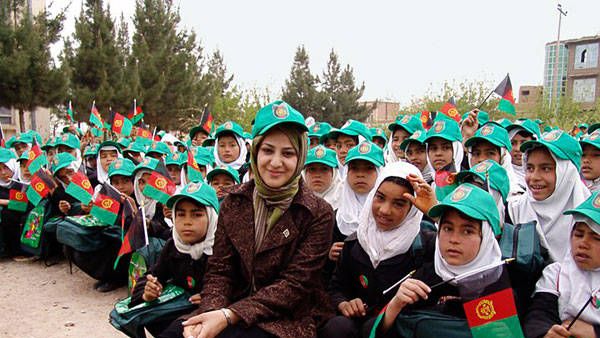
"THE TALIBAN ARE GOING TO SHOOT you dead," Naheed Farid, 29, Afghanistan's youngest member of parliament, was told daily as she campaigned for election in 2010 in the tribal villages of her home province, Herat, in the west of the country. Her face on campaign posters was slashed with knives, and she was forced to take her daughter out of kindergarten to keep her safe.
"Running for office in Afghanistan as a woman is seriously dangerous and difficult," says Farid, who was banned from attending school by the Taliban for six years as a child. (She now has a master's degree in political science from George Washington University.) "Traditionalists believe women should not raise their voices in public," she explains. "A village elder told my family I should stop my campaign because it was bringing dishonor on the community."
Fortunately, Farid and her family didn't listen. She won a seat for a five-year term, mostly thanks to young voters who supported her plans to promote gender equality and education.
As Afghanistan goes to the polls April 5 to elect a new president, Farid is both hopeful and deeply concerned about the future for Afghan women. "On the one hand, we have made great progress. We now have female judges and police chiefs, and women make up 28 percent of members of parliament," she says. (By comparison, only 19 percent of members in the U.S. Congress are women.) But she adds that these "fragile achievements could be easily destroyed" if the Afghan government and the international community fail to protect them.
Dangers for women in the country are sharply on the rise. As the U.S. scales down security and prepares to withdraw from Afghanistan by the end of the year, the Taliban are regaining political power. And the Afghanistan Independent Human Rights Commission reported that violence against women hit a record high in 2013. Crimes such as rapes, honor killings, and cutting off women's ears and noses were up 25 percent from 2012.
Political gains are also being rolled back. In July 2013, parliament quietly reduced the minimum quota of seats allotted for women on provincial councils from one-quarter to one-fifth. And the Taliban's threats against female public figures like Farid are not hollow, either: Last year, four policewomen and one senior female politician were shot dead. Another female politician survived an attempted shooting, but her 8-year-old daughter was killed in the attack.
Farid says getting more women involved in the political process will help stem the backlash. She supports a number of initiatives that train women to run for office, and aims to increase female voter turnout by teaching them the importance of exercising their rights and by helping them get to polling stations safely on election day. "Women often have to overcome intimidation from disapproving men to get to the ballot box," she says. Her work won't be done as long as the threat of Taliban bullets remains. "We still have a big fight ahead of us to ensure women's rights and safety."
Stay In The Know
Get exclusive access to fashion and beauty trends, hot-off-the-press celebrity news, and more.
-
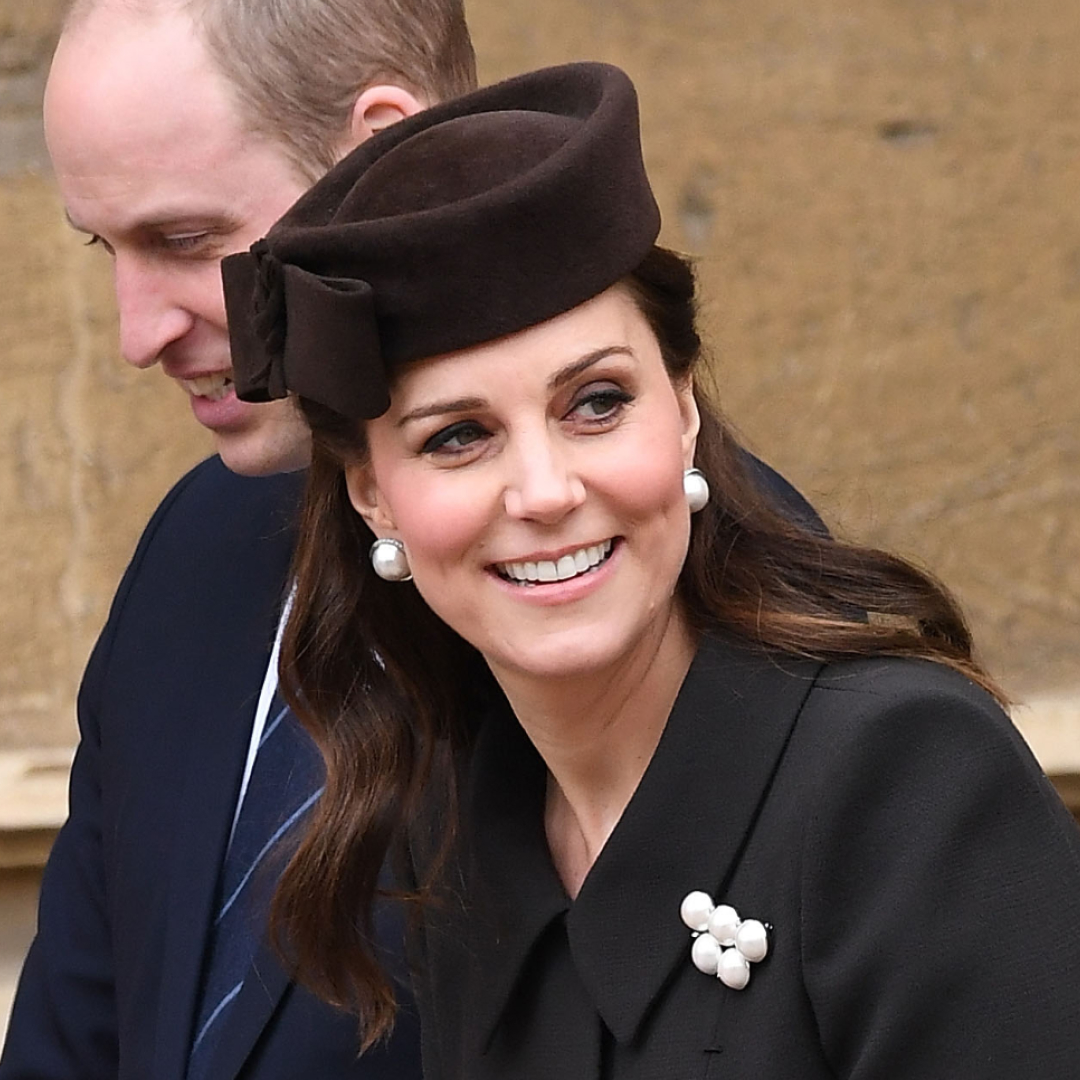 The Royal Family Easter Rule Kate Middleton Broke in 2018
The Royal Family Easter Rule Kate Middleton Broke in 2018The Princess of Wales was pregnant with her third child—Prince Louis—at the time.
By Amy Mackelden
-
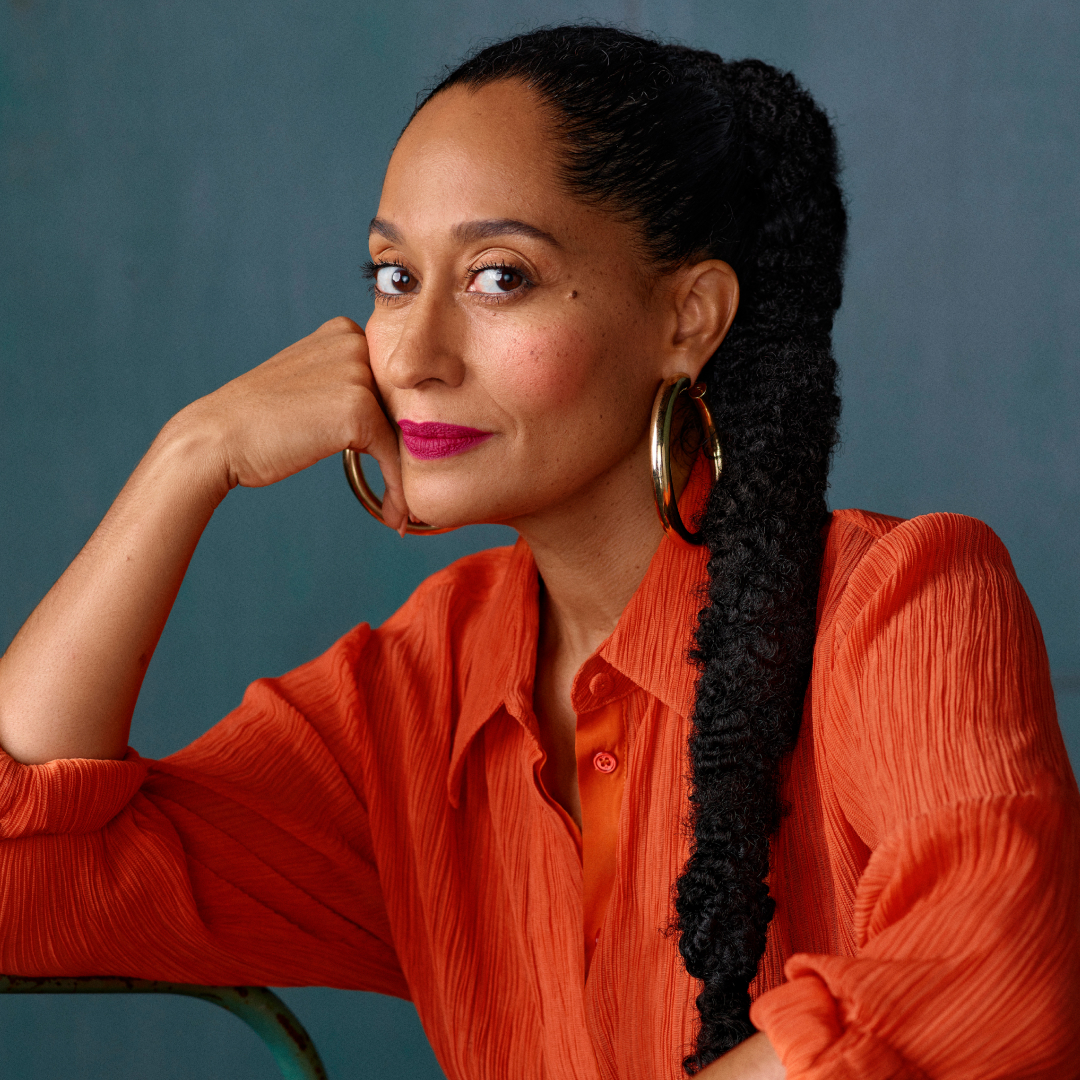 Tracee Ellis Ross Reflects on "Grief" Over Not Marrying or Having Kids
Tracee Ellis Ross Reflects on "Grief" Over Not Marrying or Having Kids"I grieve the things that I thought would be and that are not."
By Amy Mackelden
-
 A "No-Fly Zone" Has Been Placed Over King Charles's Home
A "No-Fly Zone" Has Been Placed Over King Charles's Home"It prompted a security scare."
By Amy Mackelden
-
 36 Ways Women Still Aren't Equal to Men
36 Ways Women Still Aren't Equal to MenFeatures It's just one of the many ways women still aren't equal to men.
By Brooke Knappenberger
-
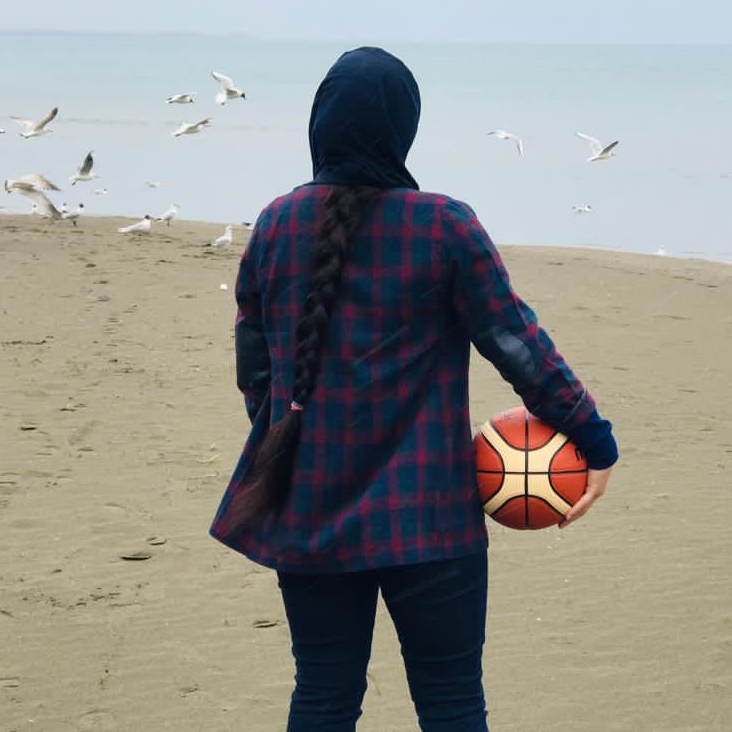 Her Love of Basketball Left Her Stateless
Her Love of Basketball Left Her StatelessOne athlete’s quest for freedom from Afghanistan, where the Taliban's restrictive and regressive policies on women's sports put her life in danger.
By Abigail Pesta
-
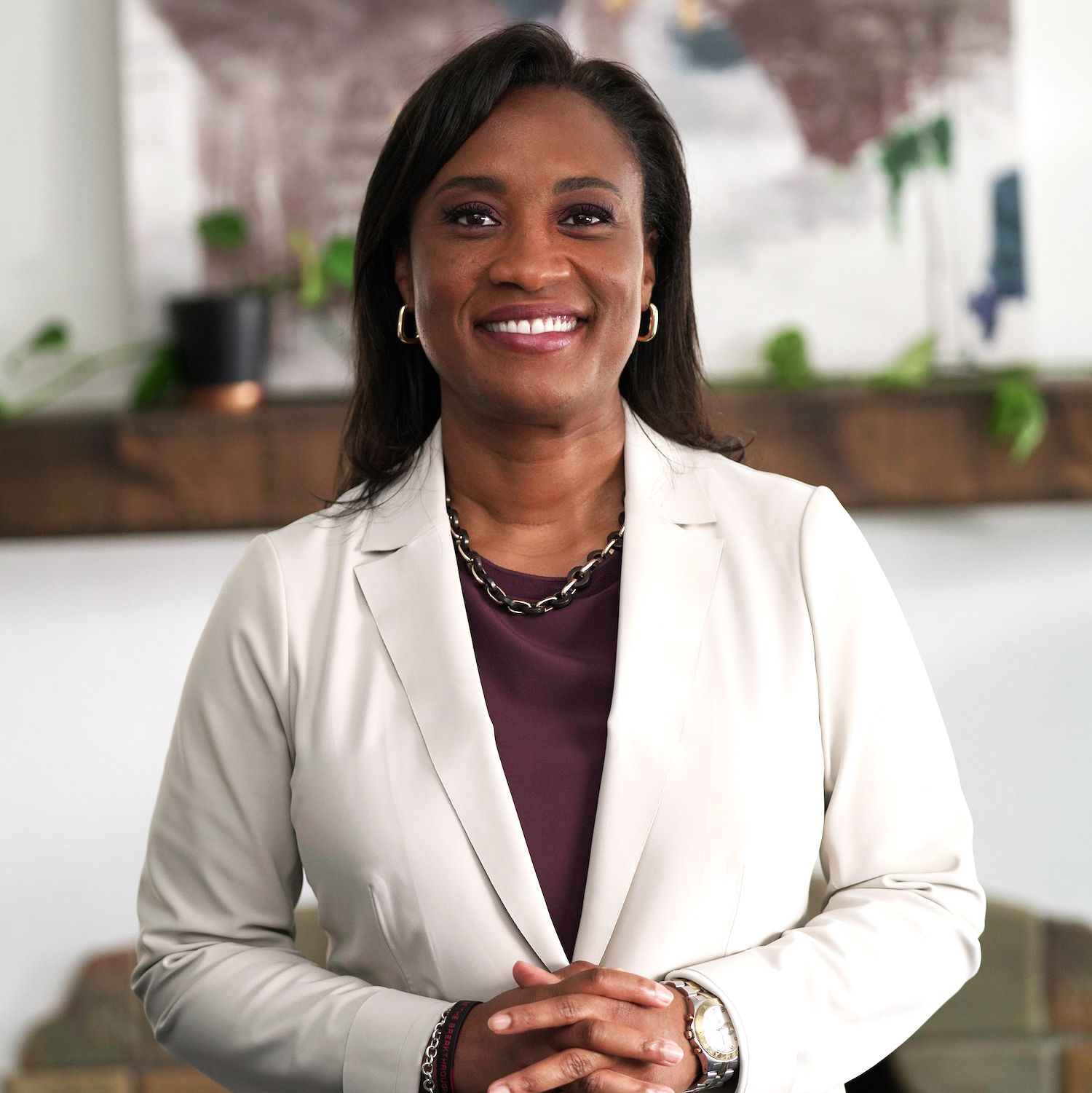 EMILY's List President Laphonza Butler Has Big Plans for the Organization
EMILY's List President Laphonza Butler Has Big Plans for the OrganizationUnder Butler's leadership, the largest resource for women in politics aims to expand Black political power and become more accessible for candidates across the nation.
By Rachel Epstein
-
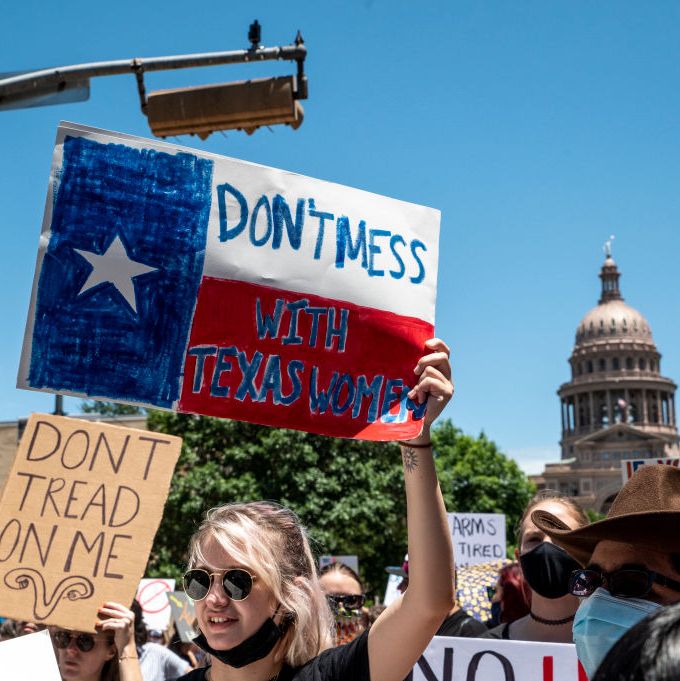 Want to Fight for Abortion Rights in Texas? Raise Your Voice to State Legislators
Want to Fight for Abortion Rights in Texas? Raise Your Voice to State LegislatorsEmily Cain, executive director of EMILY's List and and former Minority Leader in Maine, says that to stop the assault on reproductive rights, we need to start demanding more from our state legislatures.
By Emily Cain
-
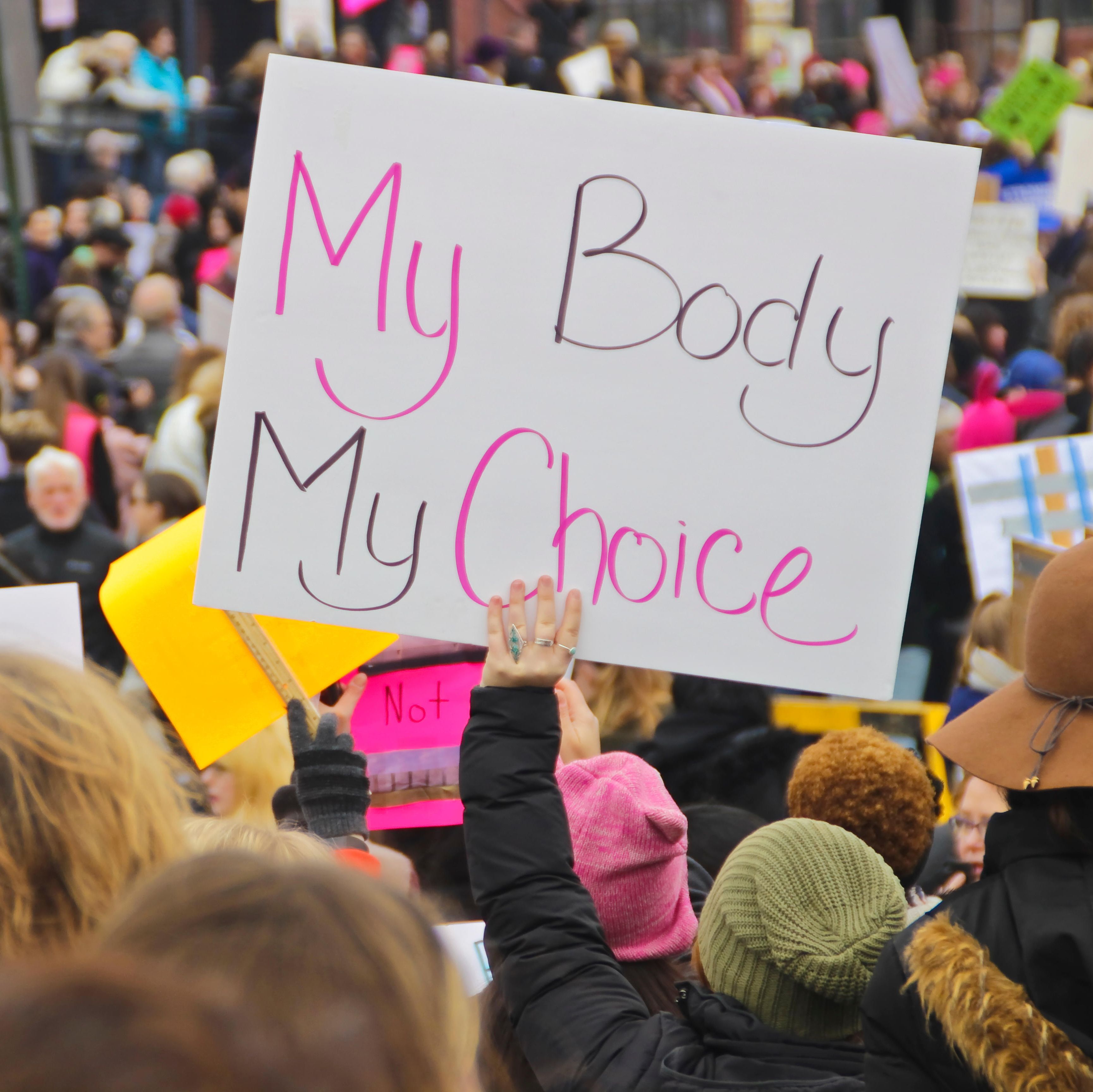 Your Abortion Questions, Answered
Your Abortion Questions, AnsweredHere, MC debunks common abortion myths you may be increasingly hearing since Texas' near-total abortion ban went into effect.
By Rachel Epstein
-
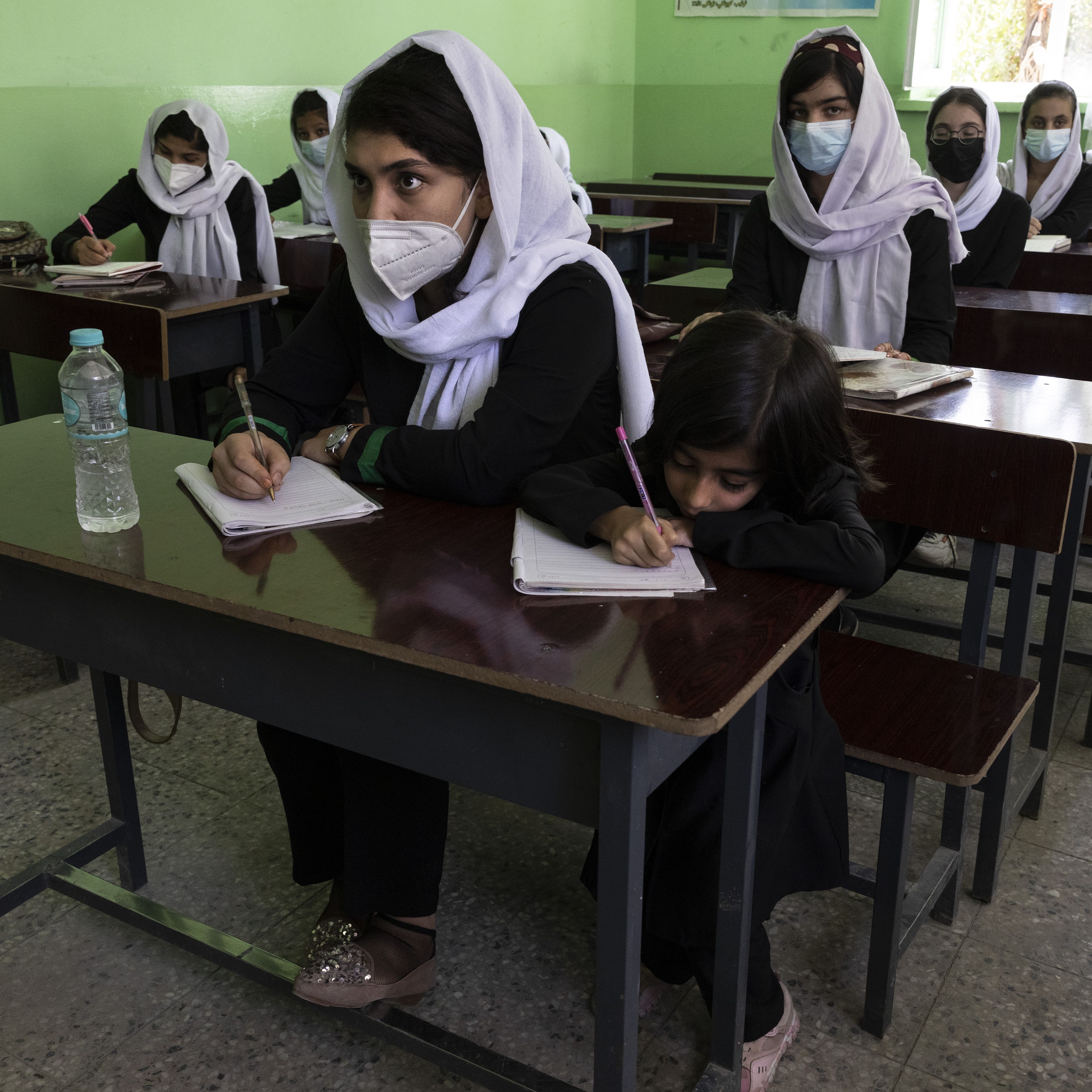 The Future of Afghan Women and Girls Depends on What We Do Next
The Future of Afghan Women and Girls Depends on What We Do NextBetween the U.S. occupation and the Taliban, supporting resettlement for Afghan women and vulnerable individuals is long overdue.
By Rona Akbari
-
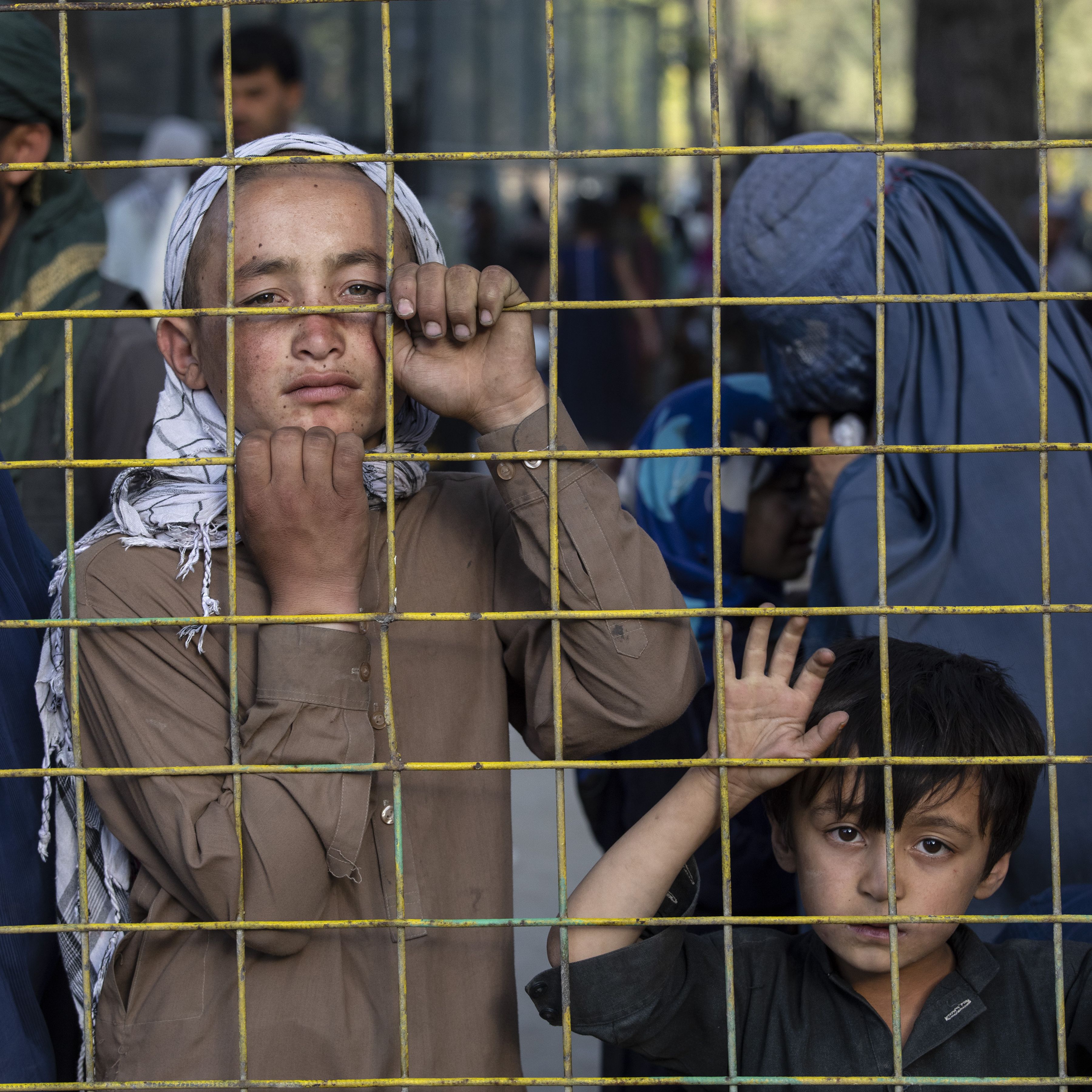 How to Help Afghanistan Refugees and Those Who Need Aid
How to Help Afghanistan Refugees and Those Who Need AidHow To With the situation rapidly evolving, organizations are desperate for help.
By Katherine J. Igoe
-
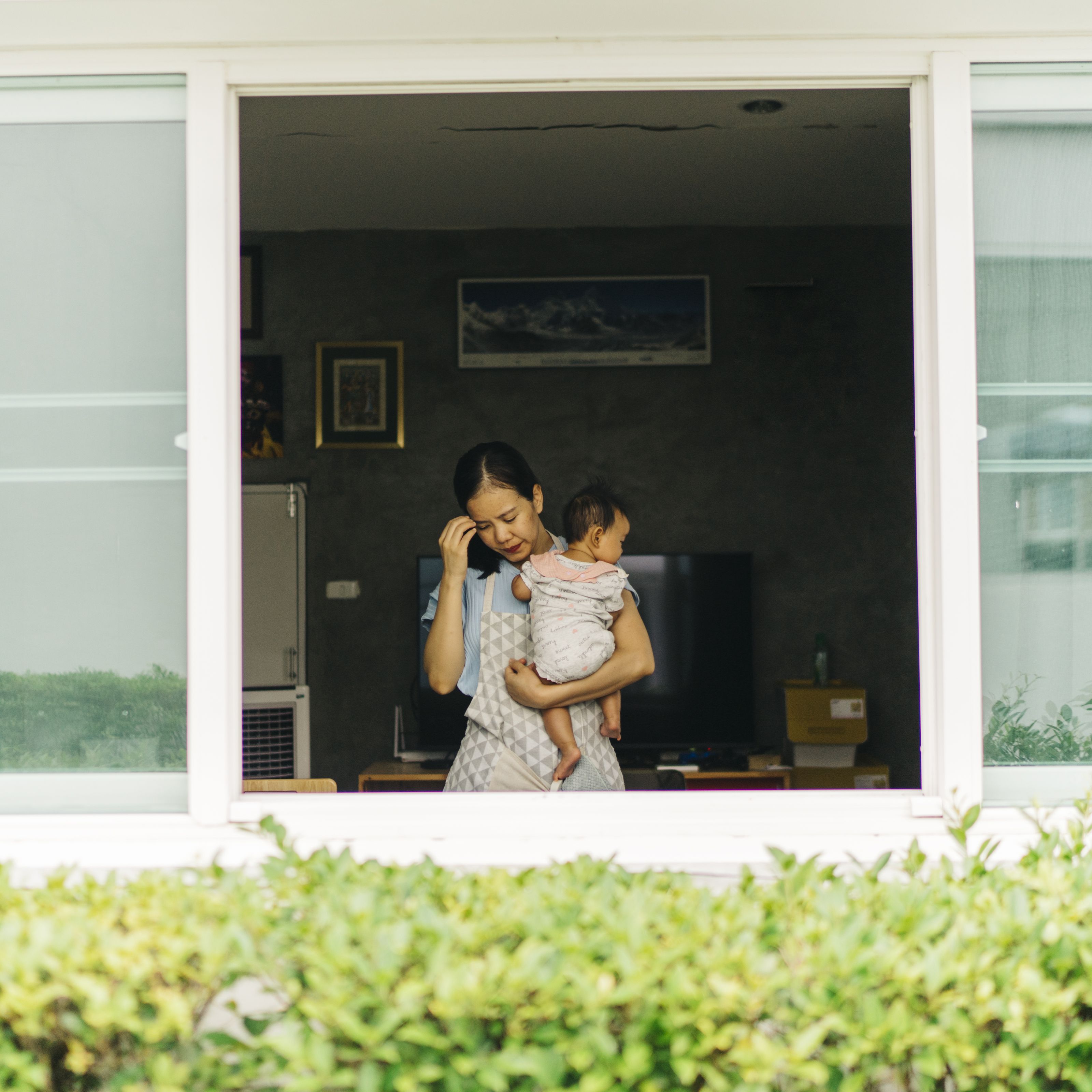 It’s Time to Give Domestic Workers the Protections They Deserve
It’s Time to Give Domestic Workers the Protections They DeserveThe National Domestic Workers Bill of Rights, reintroduced today, would establish a new set of standards for the people who work in our homes and take a vital step towards racial and gender equity.
By Ai-jen Poo